In recent years, along with socio-economic development process, CO2 emissions into the environment have increased, of which the transportation sector accounts for 18%. To move towards the goal of zero net greenhouse gas emissions by 2050, Binh Duong has been implementing many green energy conversion solutions in transportation sector.

Encourage the use of green vehicles
To reduce pollution and improve air quality, Binh Duong is actively promoting the development of an eco-friendly public transport system. The province has introduced bus routes operated with biofuel, which produce no CO2 emissions, thereby minimizing environmental impact. Currently, Binh Duong has launched Becamex Tokyu bus system, which primarily uses compressed natural gas (CNG) as fuel to decrease environmental pollution. The Becamex Tokyu bus route not only helps alleviate traffic congestion but also contributes to establishing a modern, civilized, and environmentally friendly public transport system in the province.
According to Provincial Department of Construction, developing bus routes running on renewable energy and encouraging people to use public transport instead of personal vehicles not only helps reduce congestion but also contributes significantly to reducing greenhouse gas emissions. According to the plan, in the 2023-2030 period, Binh Duong will promote the conversion of electric road vehicles; expand the blending and use of 100% E5 gasoline for road vehicles; develop electric charging infrastructure to meet the needs of people and businesses; and encourage new and existing bus stations and stops to convert to green criteria.
Binh Duong aims to gradually reduce and ultimately eliminate the use of cars, motorbikes, and scooters powered by fossil fuels (such as gasoline and oil) in the province by 2040. By 2050, the goal is for 100% of road motor vehicles and construction motorbikes to switch to electric and green energy sources. Additionally, all bus stations and stops will adhere to green criteria, and all equipment used for loading and unloading that currently relies on fossil fuels will be converted to electricity and green energy.
Develop sustainable transport infrastructure
Binh Duong, a province known for its rapid industrial development, is experiencing an increase in traffic density due to a growing labor force and the rising number of vehicles. This surge leads to congestion in certain areas during rush hours, particularly at hotspots like An Phu roundabout and 550 intersection…
To address this issue, Binh Duong has implemented traffic diversion strategies and constructed overpasses in high-traffic areas. The Department of Construction emphasizes that Binh Duong is committed to enhancing its transportation infrastructure to facilitate industrial and service sector growth, particularly by completing key roadways. These improvements not only expedite the transportation of goods but also reduce travel time between regions.
Key projects passing through the province such as Ring Road 3, Ring Road 4 of Ho Chi Minh City, Ho Chi Minh City - Thu Dau Mot - Chon Thanh Expressway, National Highway 13... all clearly demonstrate the province's efforts in improving traffic infrastructure. In addition, regional transport connectivity projects, especially those connecting with Ho Chi Minh City and Dong Nai, also play an important role in improving connectivity between regions.
To improve traffic infrastructure in the province, new roads are being designed with dedicated bicycle paths and pedestrian areas. Binh Duong is taking the lead in developing smart roads that incorporate advanced technologies for better traffic management and coordination. This initiative aims to alleviate congestion, enhance operational efficiency, minimize pollution, and ultimately improve the quality of life for residents.
Mr. Tran Thanh Quang, Head of the Provincial Office of Environmental Protection, stated that the results of the greenhouse gas inventory indicate that Binh Duong has a relatively high level of emissions. However, the province also has opportunities to reduce these emissions, particularly in the areas of energy use, waste treatment, and transportation. "In the near future, to lower greenhouse gas emissions, Binh Duong will focus on building, renovating, and upgrading traffic infrastructure, encouraging transportation companies to shift to green energy, developing sustainable transportation methods, and enhancing energy efficiency according to Plan No. 3800/KH-UBND dated July 28, 2023 of Provincial People's Committee on implementing Decision No. 876/QD-TTg dated July 22, 2022 of the Prime Minister approving Action Program for green energy conversion, reducing carbon and methane emissions of transportation sector in Binh Duong province (referred to as Plan No. 3800)”, said Mr. Tran Thanh Quang.
According to Plan No. 3800, between 2025 and 2030, Binh Duong aims to fully transition to electric and green energy buses, replacing 100% of the current fleet; public passenger transport share is expected to reach 5%. From 2031 to 2050, at least 50% of all transport vehicles will utilize electricity and green energy, and all taxis will be replaced with green energy vehicles; public passenger transport will increase its rate to 10%. |
Reported by T.Hanh, T.Tuyen
Translated by Ngoc Huynh








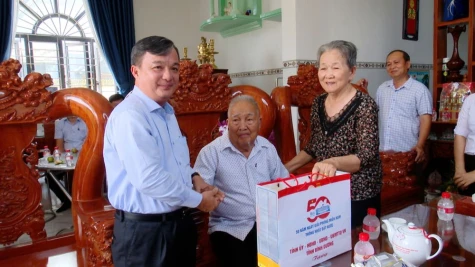
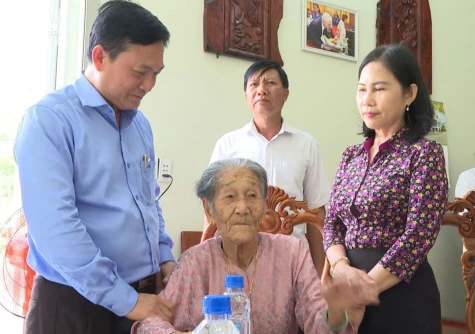
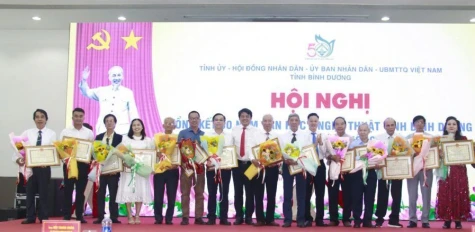
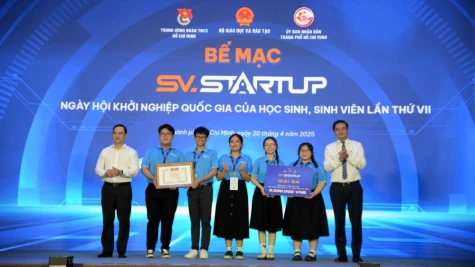

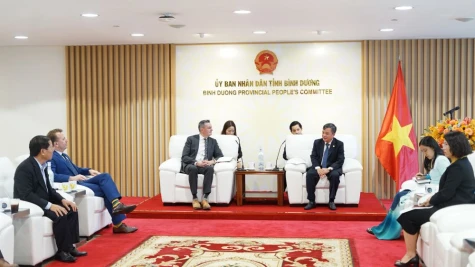
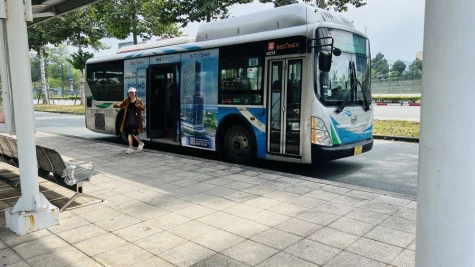
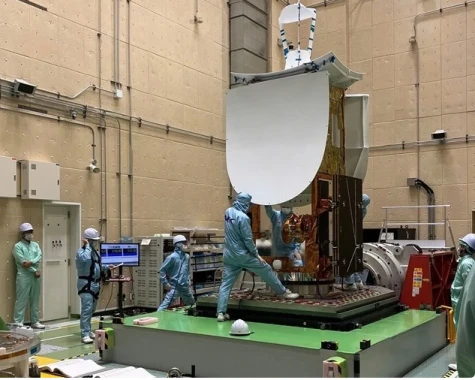










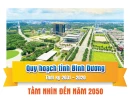

Xem thêm bình luận